Fair access to land
With the National Assembly passing the Land Law (amended) , many practical problems have been resolved.
Firstly , the Land Law (amended) stipulates that the construction of educational and training facilities is one of the cases in which the State recovers land in cases of real necessity to implement socio-economic development projects for national and public interests in order to promote land resources, improve land use efficiency, and develop socio-economic infrastructure in a modern direction.
Accordingly, projects "to buildeducational and training facilities established or permitted to operate by the State, including: nurseries, kindergartens, preschools, general education facilities, continuing education facilities, specialized schools, universities, and vocational education facilities" (Clause 16, Article 79) will have their land reclaimed by the State.
Thus, projects to build educational and training facilities, regardless of investment capital source, "established" or "permitted to operate by the state"; at all levels of education, from preschool, general education, to university education and vocational education, are all treated equally in terms of land access rights.
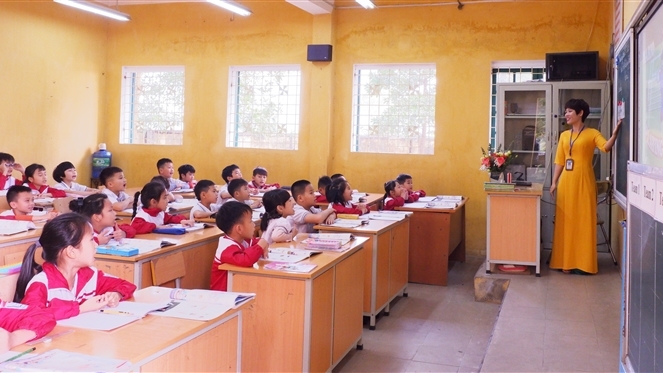
Monday, The Land Law (amended) stipulates a number of cases of land allocation and land lease without auctioning land use rights, without bidding to select investors to implement projects using land. Including: (1) investment projects under the public-private partnership method to build nurseries, kindergartens, preschools, general education facilities, continuing education facilities, specialized schools, universities, vocational education facilities ( Point b, Clause 2, Article 124 ); (2) land allocation with land use fee collection in the case of land allocation for individuals who are teachers working in border communes, islands in areas with difficult socio-economic conditions, areas with especially difficult socio-economic conditions but do not have land or housing at the workplace or have not enjoyed housing support policies according to the provisions of the law on housing ( Point b, Clause 3, Article 124 ); (3) Land lease for public service units choosing the form of land lease ( Point g, Clause 3, Article 124 ).
Third, regarding exemption and reduction of land use fees and land rent for investment projects in the construction of educational and training facilities, the Land Law (amended) stipulates: exemption and reduction of land use fees and land rent are implemented in cases where land is used for production and business purposes in investment incentive sectors or in investment incentive areas according to the provisions of the law on investment and relevant laws ( Point a, Clause 1, Article 157 ).
Thus, investment projects in the construction of educational and training facilities at all levels of education meet the conditions for exemption and reduction of land use fees and land rent. In addition, the Law also stipulates that public service units that choose the form of land lease with annual land rent payment and projects using land to implement investment projects under the public-private partnership method ( Point g, Clause 1, Article 157 ) are also eligible for exemption and reduction of land rent.
Notably, the Land Law (amended) has added a provision: "In cases of exemption from land use fees and land rent, it is not necessary to carry out procedures for determining land prices and calculating exempted land use fees and land rent. Land users exempted from land use fees and land rent do not have to carry out procedures to request exemption from land use fees and land rent" ( Clause 3, Article 157 ). This provision has cut down many administrative procedures arising in the process of performing land financial obligations of public service units, especially universities today.
Removing difficulties in building non-public schools in urban areas
Fourth, regarding the conversion of land use purposes for land for construction of educational and training facilities, according to regulations at Clause 1, Article 121 about In cases where land use purpose change must be permitted by a competent state agency, the conversion of land use purpose from residential land to land for construction of educational and training facilities does not require permission from a competent state agency.
In addition, Clause 3, Article 121 also stipulates: "In case of using land that originated as residential land or non-agricultural land with a long-term stable land use term in accordance with the provisions of law and has been converted to other purposes, but now there is a need to convert it back to residential land and in accordance with land use planning, land use fees shall not be paid".
In addition, the Land Law (amended) also allows multi-purpose use of residential land. Specifically, in the case of: "residential land used in combination with agricultural, commercial, service, and public works with business purposes" ( Point d, Clause 1, Article 218 ) when meeting the conditions prescribed by the Law.
These regulations have removed difficulties for implementation. policy of socializing education, especially building non-public preschools in urban areas.
Fifth, many contents related to the use of land by public service units, including educational and training establishments, are regulated quite specifically. Accordingly, public service units using land to build public service facilities are allocated land by the State without collecting land use fees ( Clause 4, Article 118 ).
Unit Public service enterprises that are leasing land from the State and paying annual land rent but are in the case of being leased land by the State and paying land rent at one time for the entire lease term can choose to switch to leasing land and paying land rent at one time for the remaining lease term ( Clause 1, Article 30 ) .
Public service units that are allocated land by the State without collecting land use fees but need to use part or all of the allocated area for production, business or service provision may choose to switch to the form of State land lease with annual land rental collection for that area (Clause 3, Article 30).
Public service units using land leased by the State with annual payment have the right to lease their own assets attached to the land and the right to lease in the land lease contract. For land leased by the State to public service units, they are allowed to proactively exploit and use it for multiple purposes according to the plan approved by the competent authority in accordance with the provisions of the Land Law and relevant laws; in case of investment in construction works on the land, it must comply with the law on construction. ( Clause 2, Article 34 ) ..
It can be said that initially, preferential policies on land for the construction of educational and training facilities have been consistent with The policy encourages socialization in this field, creating favorable conditions for investors and educational institutions in both the public and private sectors, at different scales, in different locations, to have the opportunity and conditions to access local land funds to invest in education and training development. However, in order for the provisions of the Law to be put into practice, many contents need to be specifically regulated and guided for implementation by the Government, ministries, branches and localities.
Source












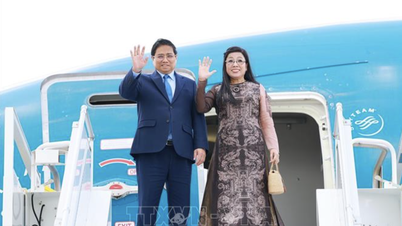


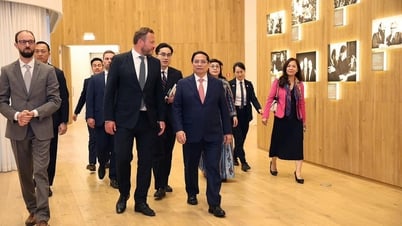
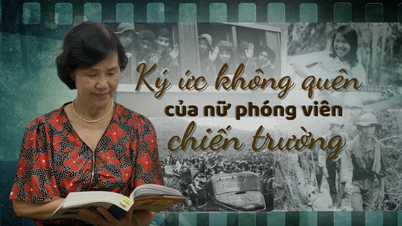









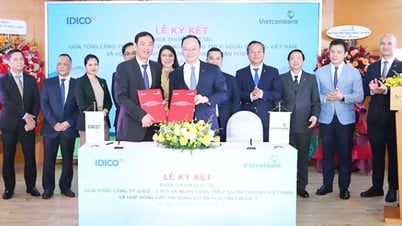











































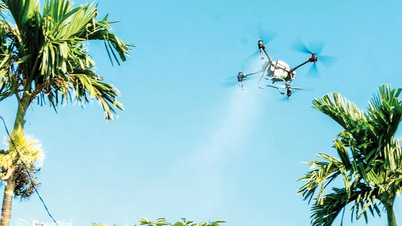

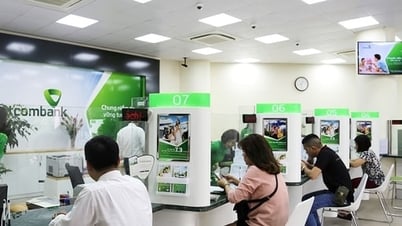





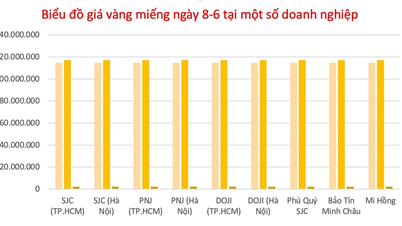









![[OCOP REVIEW] Tu Duyen Syrup - The essence of herbs from the mountains and forests of Nhu Thanh](https://vphoto.vietnam.vn/thumb/402x226/vietnam/resource/IMAGE/2025/6/5/58ca32fce4ec44039e444fbfae7e75ec)






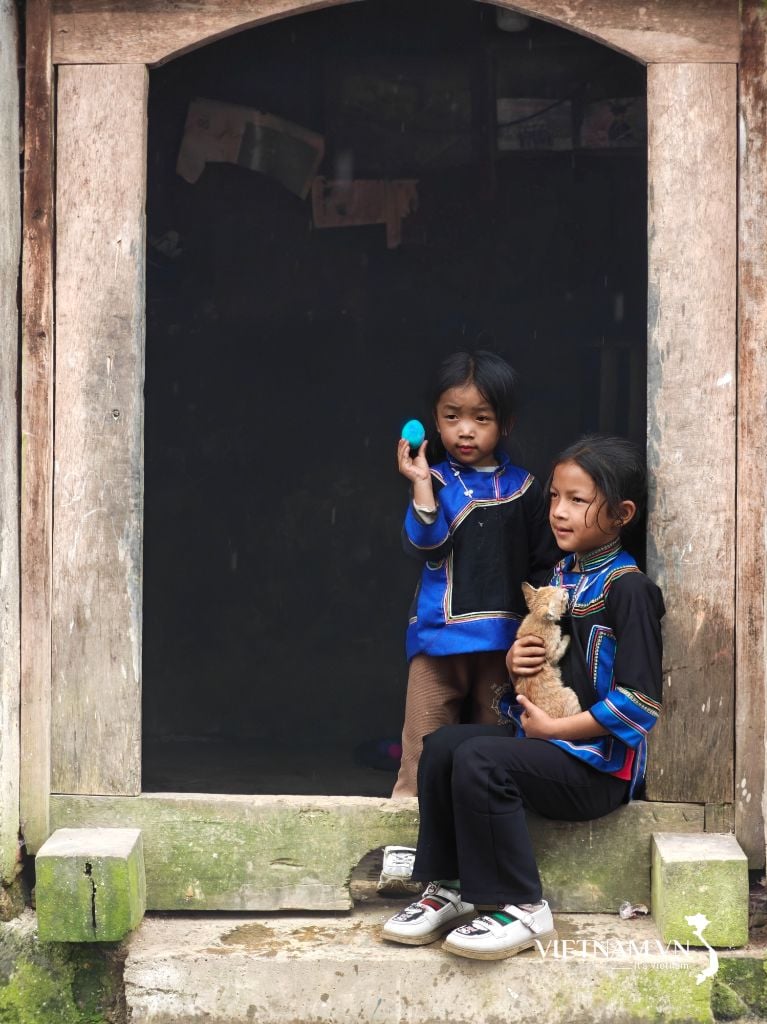
Comment (0)